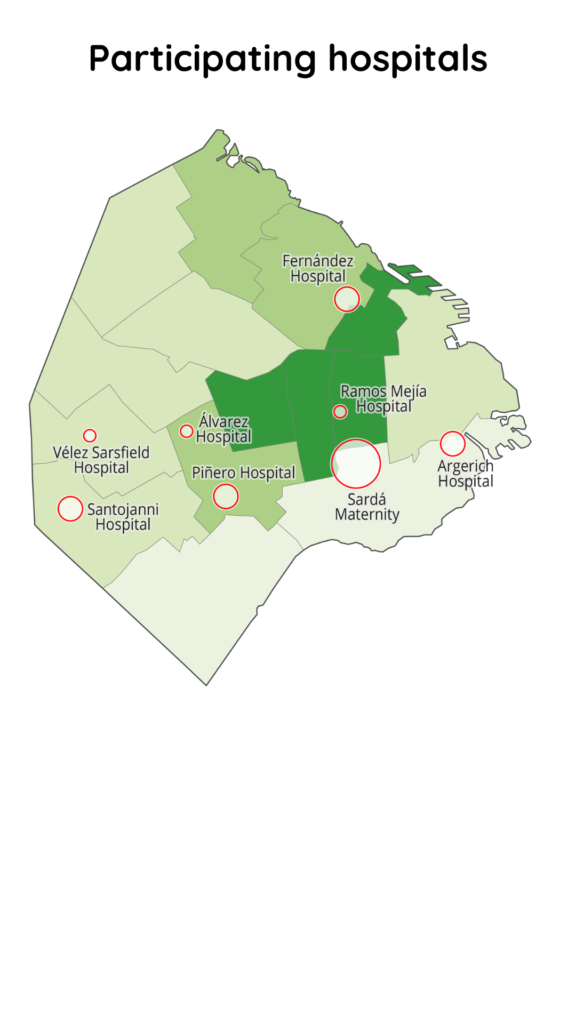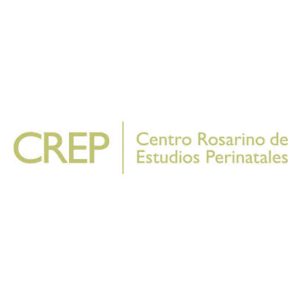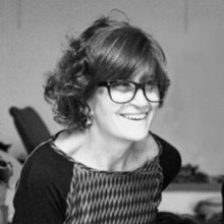Argentina
Latin America and the Caribbean has the highest caesarean section rate in the world, with more than 44 per cent of births performed by this method [1]. In Argentina, C-sections increased steadily between 2010 and 2018, reaching an average of 35.7 per cent of births in Argentine public health facilities in 2018, ranging from 27 per cent in the province of Chaco to 58.9 per cent in the province of Tierra del Fuego [2].
In addition, more than half of births in private institutions are performed by caesarean section, and this number is increasing. Some private hospitals perform C-sections in alarming proportions, approaching 80% [3].
The high C-section rate in South American countries may be at least partly responsible for the increase in premature births in the region.
1] Boerma T, Ronsmans C, Melesse DY, et al. Global epidemiology of use of and disparities in caesarean sections. Lancet 2018; 392: 1341-48
2] Sistema Informático Perinatal para la Gestión SIP-G – Indicadores Básicos 2018 – República Argentina
3] The rising incidence and impact of non-medically indicated pre-labour cesarean section in Latin America (Mariani et al.).

The Centro Rosarino de Estudios Perinatales
Presentation :
The Centro Rosarino de Estudios Perinatales (CREP) was founded by a group of obstetricians in 1984. The aim of the institution is to improve maternal and child health through research, planning of health care activities and training of human resources.
CREP is based in Argentina, the team will be able to support opinion leaders (OLs) and data collectors (DCs) through regular training and awareness raising visits to participating hospitals. In addition, the CREP team will collaborate on multiple aspects of QUALI-DEC, such as characterising the institutional and political context, encouraging the use of QUALI-DEC tools and collecting and analysing data.
The Centro Rosarino de Estudios Perinatales Team
Mariana Romero
Chercheur principal au département Santé, économie et société du Centre d’étude de l’État et de la société.










